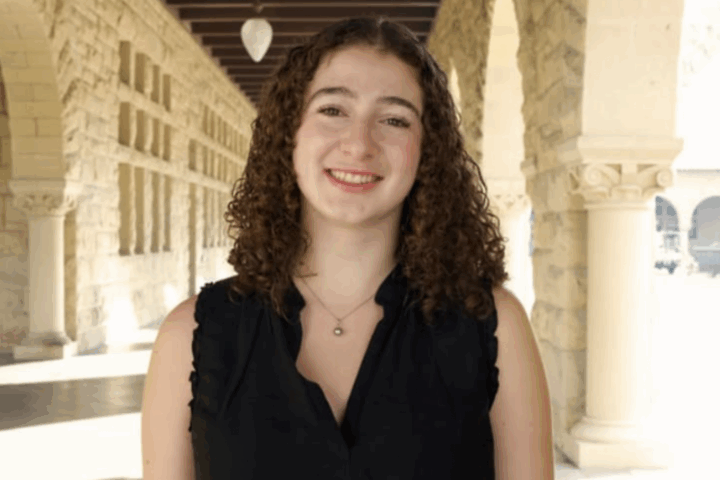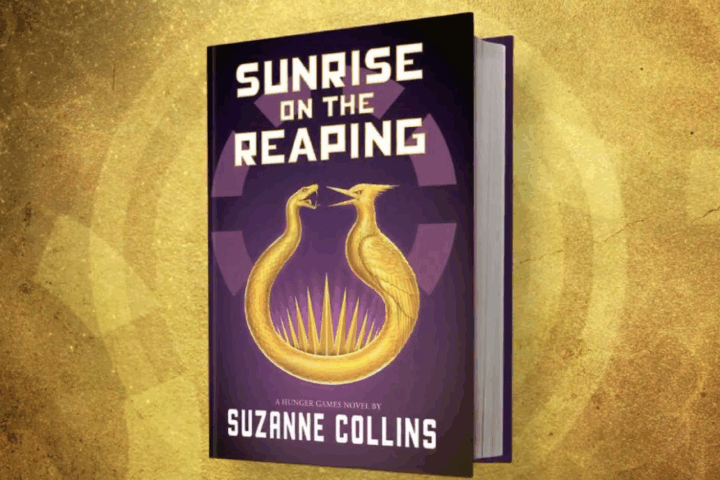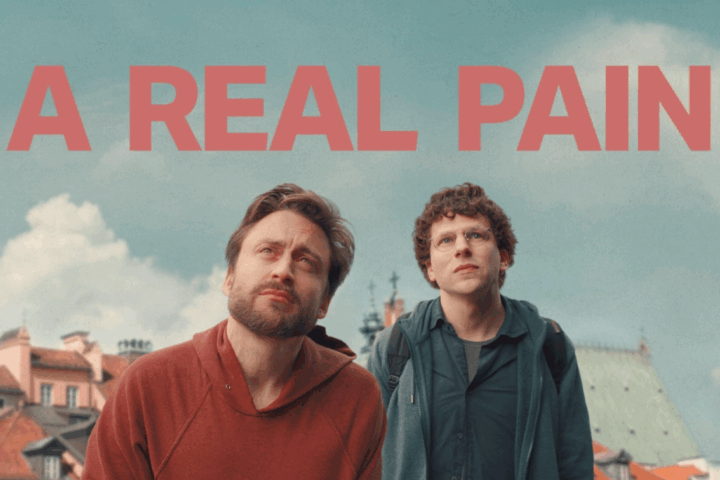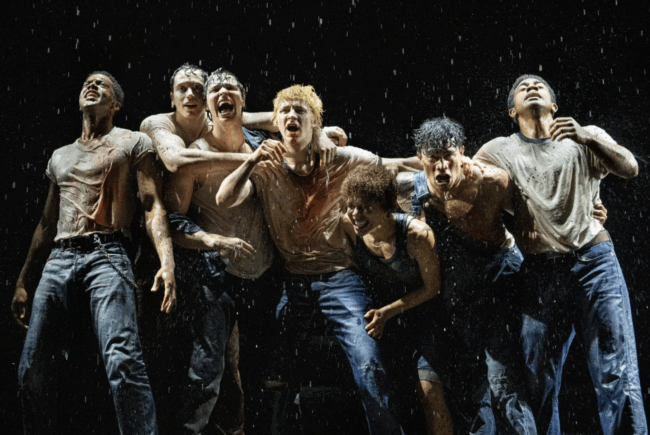by Maria G., 6th grader
Biased language has the power to change how we look at a group of people or persons, making us potentially learn the wrong thing and even look at the innocent in  a guilty way. Biased language is a really powerful way to shape and minimize our learning, and we sometimes can’t see how it is affecting us. A writer has the power to use biased language to change how we think and learn. Biased language, you may not know, has a big impact on students’ lives. Learning from biased language can actually narrow your mind and points of view, which influences stereotypical behavior; it also results in us having a worse understanding of tragedies or achievements.
a guilty way. Biased language is a really powerful way to shape and minimize our learning, and we sometimes can’t see how it is affecting us. A writer has the power to use biased language to change how we think and learn. Biased language, you may not know, has a big impact on students’ lives. Learning from biased language can actually narrow your mind and points of view, which influences stereotypical behavior; it also results in us having a worse understanding of tragedies or achievements.
Many examples in history have biased language and history itself is often covered up and other words are put in place instead of others, turning tragedies into achievements, murderers into heroes or the other way around. Sources are really important to this topic, as they can all say a different thing. People say that Columbus discovered America? I think stealing is more like it. People were already living there and then he came and called it his. Is that discovering? Or stealing?
When we get to school when young, we don’t get many readings in which Columbus is portrayed as a murderer, as we don’t have many books to support that. On the other hand, we do still have a lot of books saying he is a hero. However, we can read from a primary source and uncover lies of history. The uncovered history can also narrow down our minds to one single point of view. However, if you look at primary sources, for example a letter from Christopher Columbus to the Queen, Columbus himself writes his main goal, money and fame and his plan to get there.
In another source, Follow the Dream: The Story of Christopher Columbus by Peter Sis, actually says that his main goal is to achieve his dream of sailing. Sounds poetic and beautiful, but don’t you prefer hearing the truth? At the same time, as a kid you wouldn’t want to think of Christopher Columbus as a murderer, would you? Though biased language may seem harmless in past history, do you want to celebrate a holiday for a murderer? It is easy to say he discovered it, however think twice, don’t you think stealing is the right word? Different words used to describe the same person.
Another thing that is important to keep in mind is racism in language. Small words can make a big difference. Doesn’t that seem odd? Like “finding” and “looting.” A clear example is after Hurricane Katrina when people started getting food from unattended supermarkets. When African Americans got food they were said to be “looting,” but when white people got it they were said to be “finding.” Looting and finding…doesn’t that make a big difference? Words that were used on the same occasion, and at the same time and place, yet so different.
Why would they change the word if everything else is similar? It is racism that is still there. We don’t notice it so much so that it might as well be hidden–or maybe we are too tired to look. I know racism seems like a problem from a long ago time, I agree with you on that. However, didn’t racism just happen in Ferguson?
I recently saw an interview with the white police chief from Ferguson who had decided to step down from his position and had only just apologised for the events that took place in Ferguson. When the reporter asked him why did it take him so long to say sorry, he kind of stuttered and seemed to came up with the excuse that there was too much going on. He also talked that he honored the peaceful protesters and that they had to do something about the other protesters. On the other hand, the protesters are stating that it is important to be out there to show respect for Michael Brown and show the police that all lives matter, whatever it takes.
Another example that I imagine is this officer telling his kids about the event. He will likely end up giving them a totally opinionated description about it. Biased language completely changed these events. Simple words can create other big problems, like prejudice. Words so simple can actually shape your entire thinking about something. These similar but not so similar words can be written for the same people on the same occasion, mostly depending on the knowledge and education of the writer.
With famous people and people in power, biased language can be used to tell how much you know and what you are knowledgeable of. With people in power, propaganda can be used to brainwash people and make them think that they are great and the best. People who are knowledgeable about that person can hold off on being brainwashed. A great example is Fidel Castro.
Many of those who had not been knowledgeable of Fidel Castro and had heard that he was going to distribute money equally thought he could save and help them. Someone who didn’t have a job and was poor may immediately think, Fidel Castro has given me an opportunity for success. Many of the ones who had a decent job wouldn’t share their money with others who may have really needed it. Then biased language comes in, with some people saying he is a hero and savior, while others think he is a dictator.
A similar occasion involves Brazil’s president Dilma Rousseff. While more educated people look at her as an inefficient president, other less educated will think of her as a good president. Same with Nelson Mandela. Some people saw Mandela as a terrorist while others saw him as a hero and fighter for rights. It is simple words you choose that can change and affect the world.
Biased language cannot affect us if we don’t allow it to. However, we need to change biased language. By just changing a simple choice of words we can give a different feeling to the reader; we can change a life or the world. Biased language can also lead us down a road of prejudice, which we don’t want to go on. As educated learners, we need to look at primary sources to have a better understanding and help change the world.









I really like how you tried to include the Columbus story, the hurricane Katrina story and the Ferguson story and how you related bias language in the present